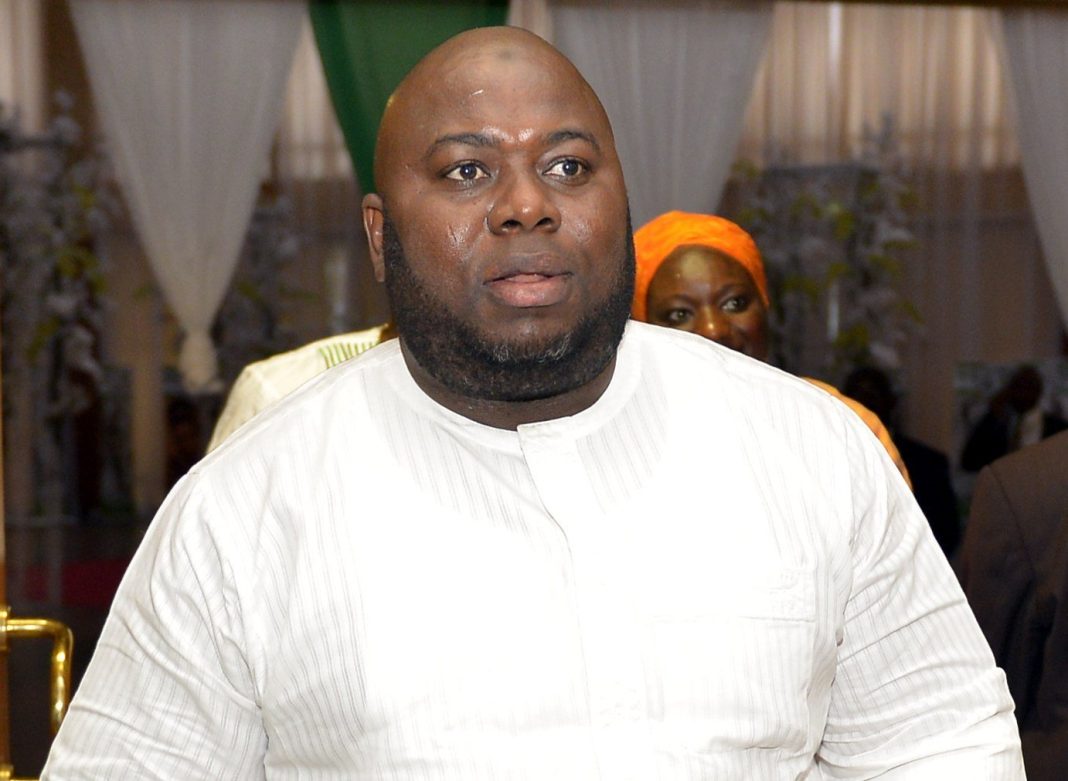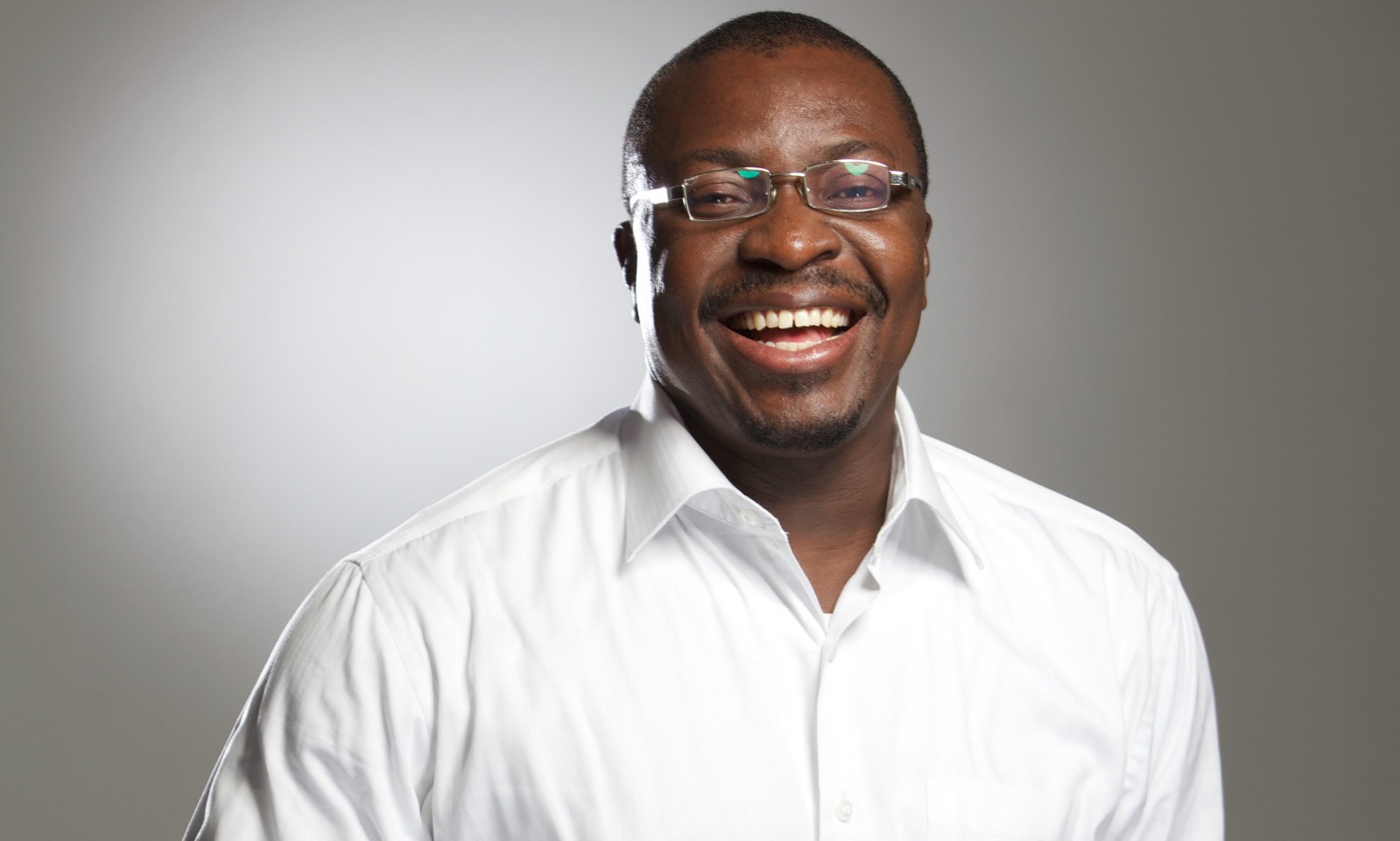PORT HARCOURT, Nigeria – A recent video featuring Asari Dokubo, a prominent and controversial Nigerian former militant leader and Ijaw nation activist, has sent shockwaves across the country and elicited strong reactions from various communities.
In the video, which went viral on social media last week, Dokubo was seen making contentious remarks about the Igbo people, referring to them as slaves and attributing their emancipation to British intervention.
If not for British intervention, I’ll still be selling Igbos, just like my father sold them — Asari Dokubo pic.twitter.com/OiBNRWQN2h
— Instablog9ja (@instablog9ja) June 20, 2023
Dokubo, an influential figure among the Ijaw ethnic group in the Niger Delta region, has long been known for his confrontational political stances.
He was the president of the Ijaw Youth Council and later founded the Niger Delta People’s Volunteer Force, an armed group operating in the region.
In the video, Dokubo made disparaging comments about the Igbo people, stating, “The Igbo people do not know their roots. They don’t have respect for who bought their father.”
He further added, “If not for the British, I’ll still be selling Igbos, just like my father sold them.”
The Igbo people constitute one of the largest ethnic groups in Nigeria, numbering approximately 42 million, predominantly residing in the southeastern states of Abia, Anambra, Ebonyi, Enugu, and Imo.
Dokubo’s comments have been widely criticized for fueling ethnic tensions in a country that has historically struggled with inter-ethnic harmony. Social commentators and community leaders have condemned his remarks, calling for national unity and mutual respect among Nigeria’s diverse ethnic groups.
Chinwe Adebayo, a sociopolitical analyst, said, “Dokubo’s statements are not only historically inaccurate but are divisive and counterproductive to the progress we need to make as a nation.”
Adebayo further emphasized the importance of dialogue and mutual respect among the ethnic communities. “We should be working towards understanding and supporting each other, not tearing each other down with inflammatory comments,” she added.
Historically, British colonial rule in Nigeria was primarily driven by the region’s abundant natural resources. The country gained independence in 1960, but the colonial period left a complex legacy of ethnic tension and economic challenges.
Dokubo, in the video, also displayed an AK-47 rifle and accused the Igbo people of being attention seekers.
In response to Dokubo’s comments, several civil society groups and community leaders are organizing peace forums and dialogues to foster understanding and unity among Nigeria’s diverse ethnic groups.
Olufemi Oke, a community leader from Lagos, said, “We must not let the words of one individual define us. As Nigerians, we have a shared history and a shared future. We must build bridges, not walls.”
The Nigerian government has not officially commented on Dokubo’s video, but there are increasing calls for responsible discourse and actions that can foster national unity and cohesion.







